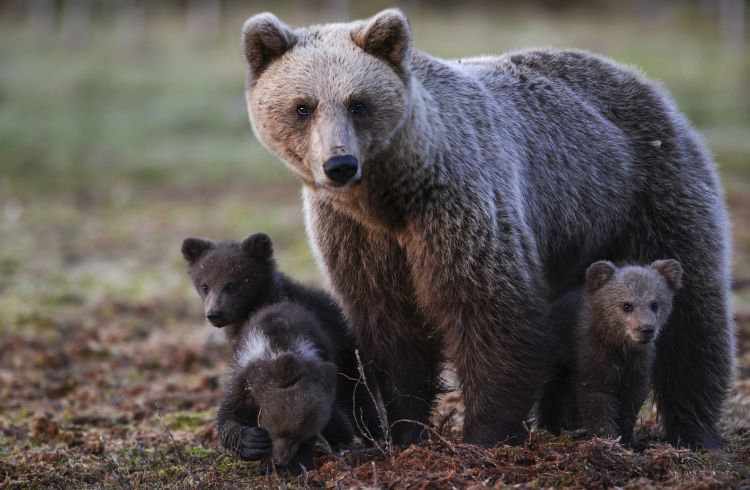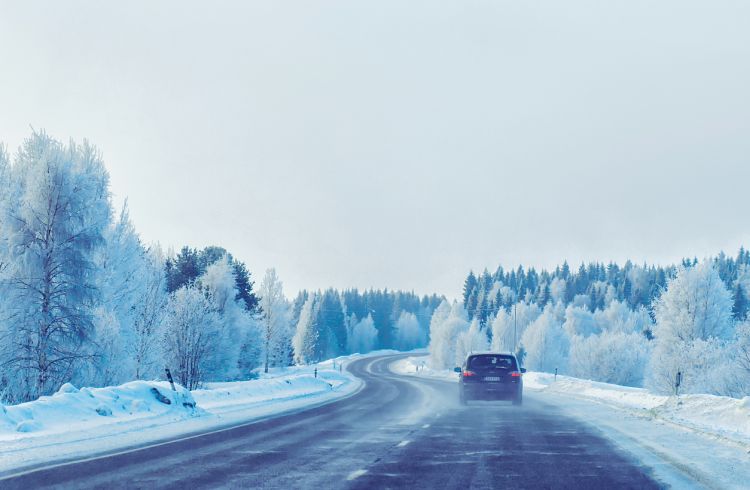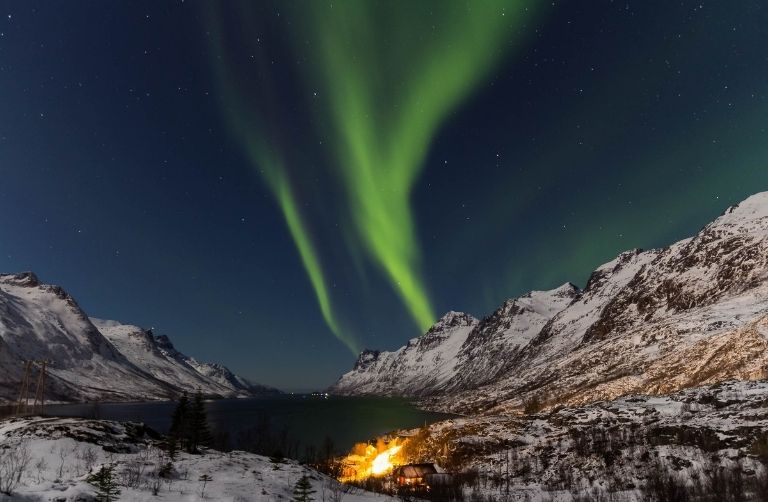Wildlife Watching in Finland: How To Stay Safe
Finland has incredible wildlife; bears, moose, wolves, elk, wolverines and more. But they aren't all cute and cuddly – find out what you need to know to stay safe.
 Photo © Getty Images/Franz Aberham
Photo © Getty Images/Franz Aberham
Insect issues in Finland
Predictably, the summer months are when mosquitos are at their blood-sucking best. In June and July, they are a major annoyance all over the country, particularly in Lapland, the area in the north of Finland and Sweden that falls largely within the Arctic Circle. In these regions, long-sleeved clothing, insect repellent, and those beautiful hat-nets are essential during summer.
Speaking of little monsters in southern Finland, be on the look out for ticks. You need to be wary from spring to autumn but obviously, summer is the peak period. In the southern Finnish regions of Aland, the Lappeenranta-Parikkala-Imatra-axis and near Turku's coast there are ticks which can transmit Lyme disease and viral encephalitis through a bite.
Wildlife safety in Finland
If you are observing wildlife, including marine animals and birds, only travel with reputable, ethical and professional guides or tour operators. Always closely follow park regulations and wardens' advice.
Moose
Cars and moose don't mix. Every year in Finland, many people die in moose-related road accidents, and hundreds are injured. In 2016, there were 1,881 moose-related road incidents. Aside from moose, there are also wild reindeer and elk about, too.
So, take extra care when driving in Finland particularly during spring and autumn, especially around sunrise and after sunset when animals are out foraging. At the very least, they can do some serious damage to your car, in worse case scenarios people have died.
You are vulnerable everywhere – animals have been known to wander onto major roadways.
Should you accidentally hit a moose (or any animals) while driving, pull over safely as soon as possible to check on the animal's
Wolves
There are some dangerous animals to be aware of in the wilderness, such as brown bears and wolves, but it is extremely rare to have an encounter with such beasts.
Most wolves tend to be found near the Russian border, however they are adapting and becoming used to humans. Throw in the annual cull, and the wolf hunting licenses the Finnish government hands out, and this has shown an increased risk of attack. Wolves become territorial during hunting season, particularly in the winter when the visibility is low. Anyone not familiar with trekking in the hunting areas may get caught out.
Leave dogs at home or keep them leashed.
Bear necessities
You can help avoid an unpleasant meeting with a bear by announcing your presence. You do this by talking loudly, singing, or carrying bear bells, so that bears have a chance to get out of your way. Be sure to heed local bear advisories and use practice proper food storage techniques while camping.
If you see a bear from a distance further than about 500 ft (150 m), leave the area.
If you are closer, and the bear sees you, begin speaking in a low, calm voice (it doesn't matter what you say) and retreat slowly, keeping an eye on the bear but avoiding direct eye contact. Your goal is to communicate to the bear that you are human (i.e. that you can defend yourself and are not frightened), while also letting it know that you are non-threatening and that you are leaving its territory.
Some experts recommend, in the event of a bear approaching you, to remain calm and try to look as large as possible. Stand your ground and try not to look frightened. This is easier said than done!
But, obviously, such an encounter is extremely unlikely and you will, of course, be guided by locals' advice best on how to deal with bear encounters.
Related articles
Simple and flexible travel insurance
You can buy at home or while traveling, and claim online from anywhere in the world. With 150+ adventure activities covered and 24/7 emergency assistance.
Get a quote

1 Comment
Moose doesn't have a plural form. Mooses isn't a word.